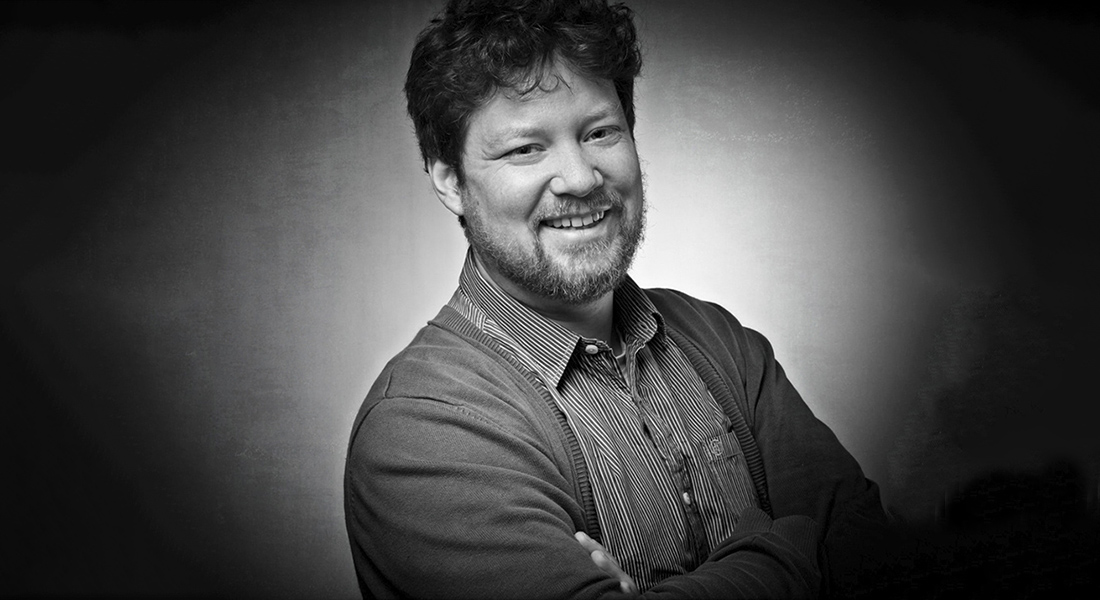Albert H. Werner receives additional grant from Villum Foundation
Albert H. Werner’s new research project is called “Standard operating procedures for robust characterization and calibration of quantum hardware”.

Six highly talented researchers who previously received grants under the Villum Foundation's Young Investigator program have now been selected to continue their research for another three years. Among the six is Albert H. Werner, who in 2019 as a postdoc received a grant from the Villum Young Investigator Program (YIP). Today he is an associate professor at the Centre for the Mathematics of Quantum Theory (QMATH) and beneficiary of a YIP+ grant.
“The six researchers have demonstrated exceptional talent in their research endeavours and have presented ambitious plans for the future. As a result, they will be awarded another three years of funding, each receiving an extra DKK 4 million”, writes the Villum Foundation.
Crucial to develop standard operating procedures
Based on quantum theory, quantum computers promise to solve certain problems faster than conventional computers. Yet their use as computational tools requires accurate characterization – a challenge due to the very properties enabling the computational speed-ups. The grant will allow for the recruitment of a PhD student and a Postdoc to devise robust and efficient characterization and calibration procedures for quantum hardware based on advanced mathematical methods.
Albert H. Werner elaborates:
With rapid advancements in quantum technologies, we are witnessing the emergence of quantum devices larger and more complex than ever before, bringing us closer to practical applications. However, obtaining computational advantages with quantum hardware requires operating it in a regime beyond the capabilities of classical computers for verification. Hence, to achieve reliable quantum information processing, it is crucial to develop standard operating procedures certifying the performance of quantum devices in a robust, scalable, and resource-efficient manner.
Current approaches face challenges limiting their practical applicability. These include the validity of the assumed noise models, dealing with non-stationary time-dependent fluctuations, leveraging the information gained to improve performance and the amount of quantum resources required for their implementation.
This proposal addresses these challenges by developing new scalable protocols and precisely characterizing the limits of what information can be learned in the presence of noise. Our approach exploits a newly established connection between randomized computations on noisy quantum devices and approximate group representations, which we combine with the theory of quantum memory channels to model non-stationary effects.
We will develop techniques both for digital and analogue quantum devices and consider continuous variable systems used in quantum communication. A strong focus will lie in collaboration with leading experimental groups to test the developed protocols on real devices. Beyond their use for certification, efficient learning strategies for quantum states and operations have also direct algorithmic applications most prominently for hybrid-classical optimization tasks and quantum machine learning, which we will also address within the scope of this proposal.
Topics
Related News
Project details
Project:
Standard operating procedures for robust characterization and calibration of quantum hardware.
Project period:
01.05.2024 to 30.04.2027
Funding:
4 mio. DKK from VILLUM Young Investigator Grant+
Contact:
Albert H. Werner, associate professor
Werner@math.ku.dk
Phone +45 35 33 25 89
